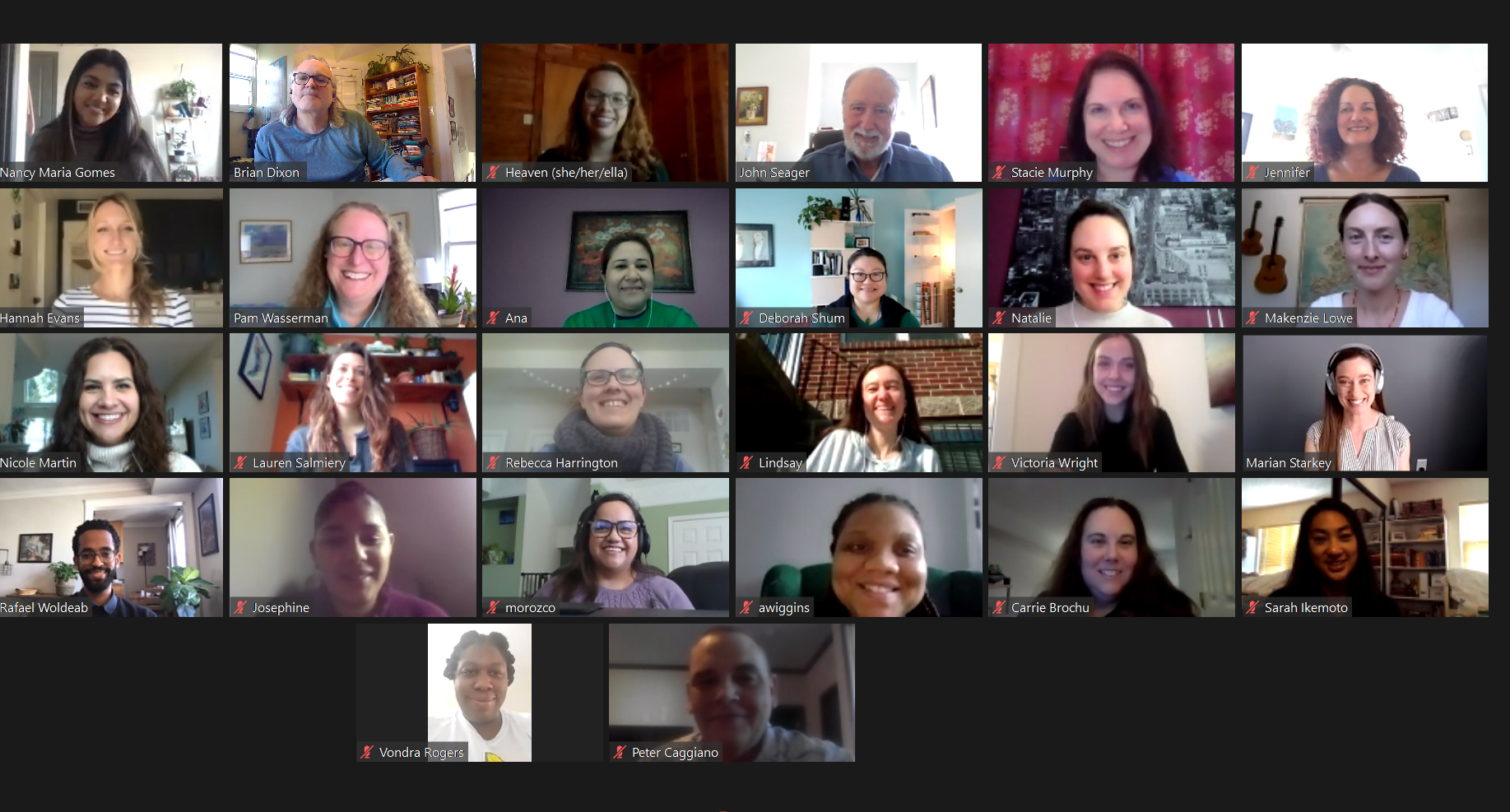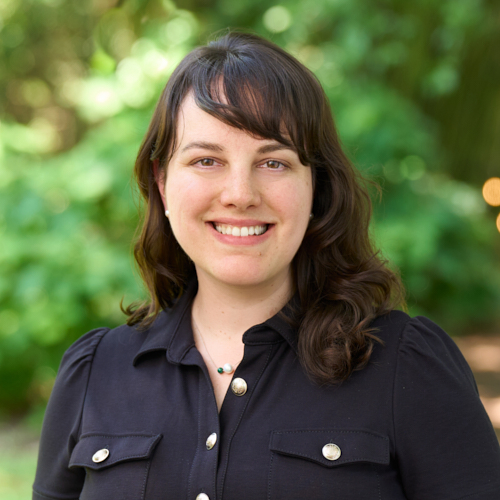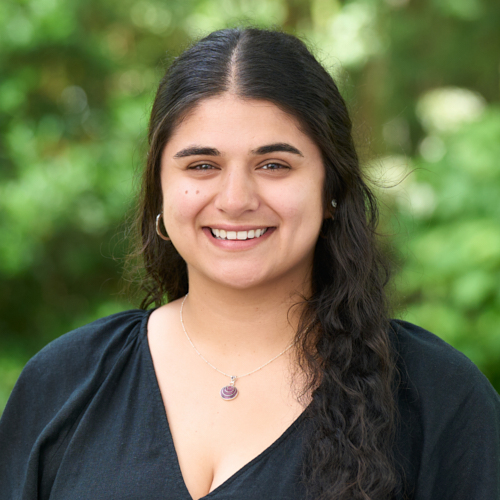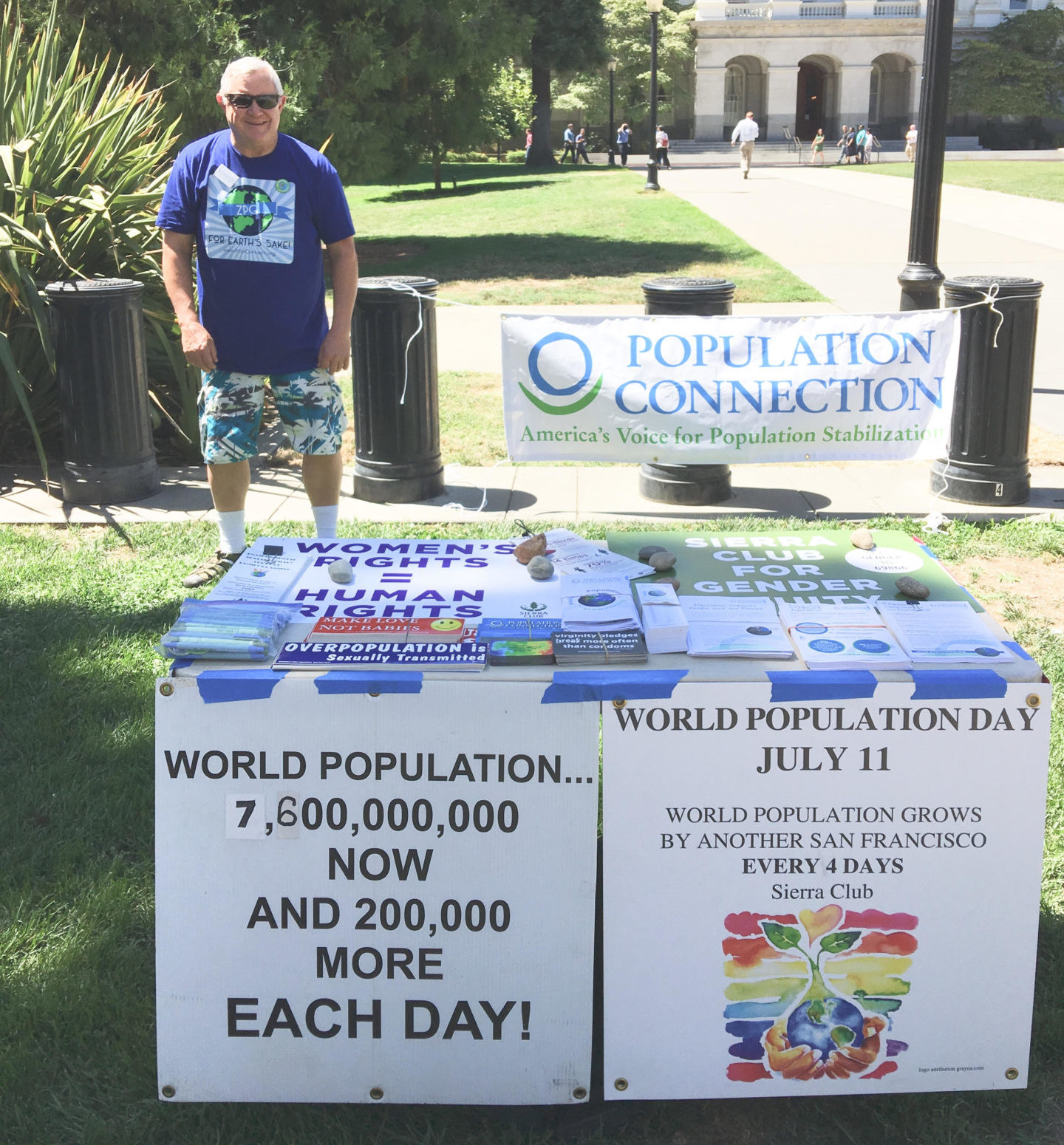
Join our network of supporters in advocating for change by participating in various activities.
Attend Virtual Events with guest speakers and our Global Partners to stay informed and connected with our work. Express your thoughts on population-related issues by writing LTEs or Op-Ed pieces, amplifying your voice on critical topics. Become a local advocate by raising awareness in your community—share resources, foster conversations, and be a catalyst for change. Take direct action by contacting your representatives, urging them to prioritize investments in family planning programs. Stand up for reproductive rights by working with our sister organization, Population Connection Action Fund.
Together, we can create a powerful force for positive transformation! Learn more about how to get involved with our efforts below.
Write a Letter to the Editor
Letters to the editor are most likely to be accepted when they are written in response to a recently published article or editorial and either point out an alternate perspective or highlight/strengthen the original piece.
Learn more with our media guide
Contact Members of Congress
Make your voice heard! When you join with other constituents in contacting your members of Congress, you become part of a powerful movement advocating for increased funding for international family planning. Signing petitions and making phone calls directly to your elected officials are two ways you can join our nationwide grassroots network of activists.
Contact CongressUse Social Media to Reach Your Friends, Family, and Community
Social media allows you to publicly pressure, persuade, and thank your target while informing your followers at the same time.
Learn More with our Media Guide
Virtual Events
Since 2020, we’ve organized webinars, presentations, film screenings, and training courses as an easy and accessible way for you to learn more about population issues, connect with Population Connection staff and meet others interested in working together for a more sustainable future for our planet.
Please contact us at engage@popconnect.org if you have any additional thoughts or feedback for future events—we love hearing from you!

![]()
Post-Growth: Life after Capitalism
Page Turners Book Club Discussion
Humanity’s capitalistic pursuits have led to social inequality, financial instability, and climate catastrophes. Author Tim Jackson illuminates what a future beyond capitalism, competition, and egregious self-interest can truly look like— a place where relationships and meaning take precedence over profits and power. Grounded in a deep understanding of ecological economics, Post Growth is both a manifesto for system change and an invitation to rekindle a deeper conversation that the economy is not separate from the natural world.
Date: Thursday, February 26th
Time: 4:00pm ET/1:00pm PT
Register Here!
*We don’t record book club meetings, so tune in live, if you can, to catch the discussions!
![]()
Partner Perspectives
Celebrate International Women’s Day with Women for Conservation
Founded in 2019, Women for Conservation (W4C) partners with communities in biodiversity hotspots to empower women as environmental leaders and stewards of sustainable livelihoods. Since 2020, the organization has conducted 68 workshops and reached close to 3,000 participants—mostly women and children—through training in nature guiding, conservation, sustainable crafts, children’s environmental education, and reproductive health.
During the webinar, we’ll hear from Population Connection Senior Analyst Hannah Evans, who visited W4C in November. She will provide insights into Colombia’s demographic trends before diving into captivating photos and stories from her site visit. We will also be joined by mother-daughter duo: Sara Lara, Founder and President of W4C, and Isabella Cortés Lara, Executive Director of W4C. Together, they will delve into the organization’s impactful programs and share inspiring testimonials from participants. Additionally, they will reflect on their experience at the 2025 International Conference on Family Planning (ICFP) held in Bogotá, Colombia, sponsored by Population Connection.
Date: Wednesday, March 11th
Time: 2:00pm ET/11:00am PT
Register Here!
![]()
Meet Our Members
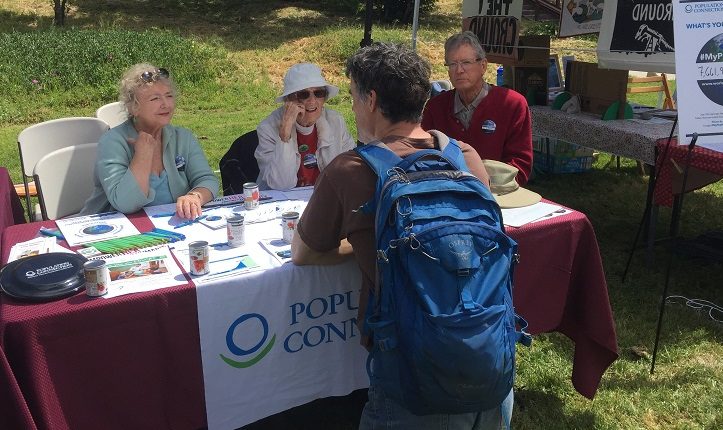
John Milliken
Member Since 2008
Population Connection member John Milliken’s life has been shaped by a rich tapestry of experiences, starting with his upbringing in a military family.
John was around ten-years-old when he visited his grandparents in New York City. The sheer number of people there struck him. “When I saw how crowded New York City was, I’d lie awake at night thinking, ‘How do they have enough clean water for all these people? There must be 10,000 flushes going on all the time in that city!” This curiosity grew as he moved from Elmira, a small farm community, to a larger city, Sacramento, California, where he became more involved in thinking about the world’s growing population.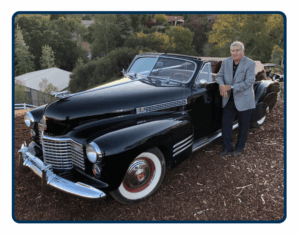
Shortly after graduating from Sacramento State College, John joined the Air Force in 1967, serving two tours in Vietnam and spending 14 years, including reserve time, in the military. His career took a different flight path when he became a pilot for Delta, a role he filled for 28 years. His wife, a flight attendant, joined him in exploring the world, often with their son in tow.
Now retired from his flying career, John stays busy with his love for antique cars and traveling. He combines his hobbies and travels to judge car shows, including serving as Chief Judge at the International Auto Expo in New Delhi and the San Marino Car Show in California.
John was aware of the Zero Population Growth (ZPG) movement and became a supporting donor of Population Connection in 2008. He views rapid population growth as the root cause of many global issues. He expresses concern about the environmental changes he has witnessed over the years, saying, “I’ve traveled to other places, too, that I knew when I was much, much younger, and now they’re changed, and not nearly as pretty as they were before.”
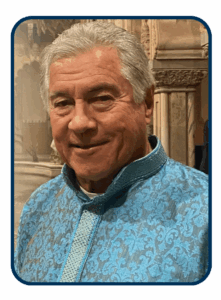 John’s frustration with the lack of attention to population issues motivates him to stay involved. He actively responds to misleading headlines about population growth, particularly those from economists, by writing letters to the editor. “I would like people to become more aware of their carbon footprints,” John says, emphasizing his desire to break stigmas and shift negative perceptions about how population impacts our environment and social issues. His activism extends to women’s rights, a cause he passionately supports.
John’s frustration with the lack of attention to population issues motivates him to stay involved. He actively responds to misleading headlines about population growth, particularly those from economists, by writing letters to the editor. “I would like people to become more aware of their carbon footprints,” John says, emphasizing his desire to break stigmas and shift negative perceptions about how population impacts our environment and social issues. His activism extends to women’s rights, a cause he passionately supports.
As a member of Population Connection, John is part of the Leadership Circle and stays engaged through virtual programs and reading our quarterly magazine. He also enjoys the interactive #MyPopulationNumber activity, reflecting on how the global population has grown during his lifetime: “When I was born in December of 44′, there were 2.4 billion people. My wife was born in August of ’58, and it was up to 2.9 billion people. When my son was born in 1995, the population was 5.7 billion. It has gone from 2.4 billion people to 8.2 billion people in my 80 years.”
Through his activism, John hopes to inspire others to become more aware of their impact on the planet and to advocate for meaningful change in addressing population growth and its role in global issues. We greatly appreciate having such a passionate member dedicated to protecting our planet. If you’re as committed to achieving global population stabilization as John, we encourage you to contact us at engage@popconnect.org or to tune in for an upcoming virtual event!
Learn More about John & Other Wonderful Members Here!Meet Our Team
